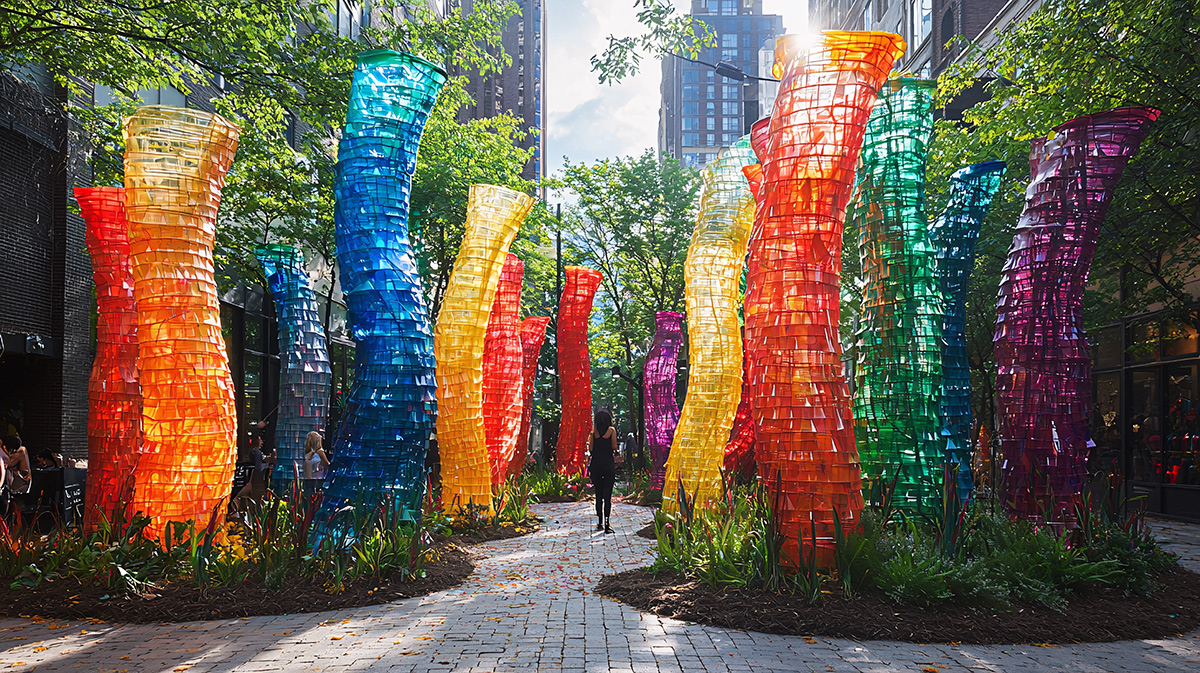
Governance Futures and Community Engagement
The aim of our research
Unprecedented speeds of environmental change have catalyzed myriad social-ecological challenges, complex risks and uncertainties. These shifts have sparked calls for sustainability science to support imaginations of sustainable futures and out-of-the-box thinking for forward-looking governance. Our research group aims to answer this call by bridging transdisciplinary governance and futures research to unlock new potential for cutting edge environmental governance in fields such as microplastic and chemicals policy.
Specifically, we will synthesize the empirical strengths of established reflexive qualitative approaches with long-term, future-oriented knowledge and techniques from futures studies (e.g. Delphi, Backcasting). We will also incorporate creative and embodied approaches of arts-based transdisciplinary research (e.g. theatre methods). These approaches complement one another and provide the possibility to investigate sustainability transformations holistically across time and across stakeholder communities e.g. scientific, policy, industry, and civil society.
The scientific and applied goals of this synthesis are threefold:
1. Engage in empirical transdisciplinary research to inform short-term future-oriented environmental governance that connects to co-creations and long-term societal imaginaries, visions and transformations2. Investigate potentials and limitations of long-term monitoring and forecasting functions of governance research and facilitate the development of new, forward-looking strategies that address emerging challenges and opportunities in environmental governance
3. Experiment with the boundaries of human cognition and emotion by applying and evaluating innovative futures and art-based transdisciplinary methods, creating knowledge and design concepts and methods that stimulate new community imaginations
Thematically, we seek to address societal topics often segregated from environmental research, e.g. health and work, and broader geopolitical topics, e.g. trade and development, and strive to (re-)connect them to environmental topics e.g. (micro-nano)plastics, chemicals policy, circular economy or energy transitions.
